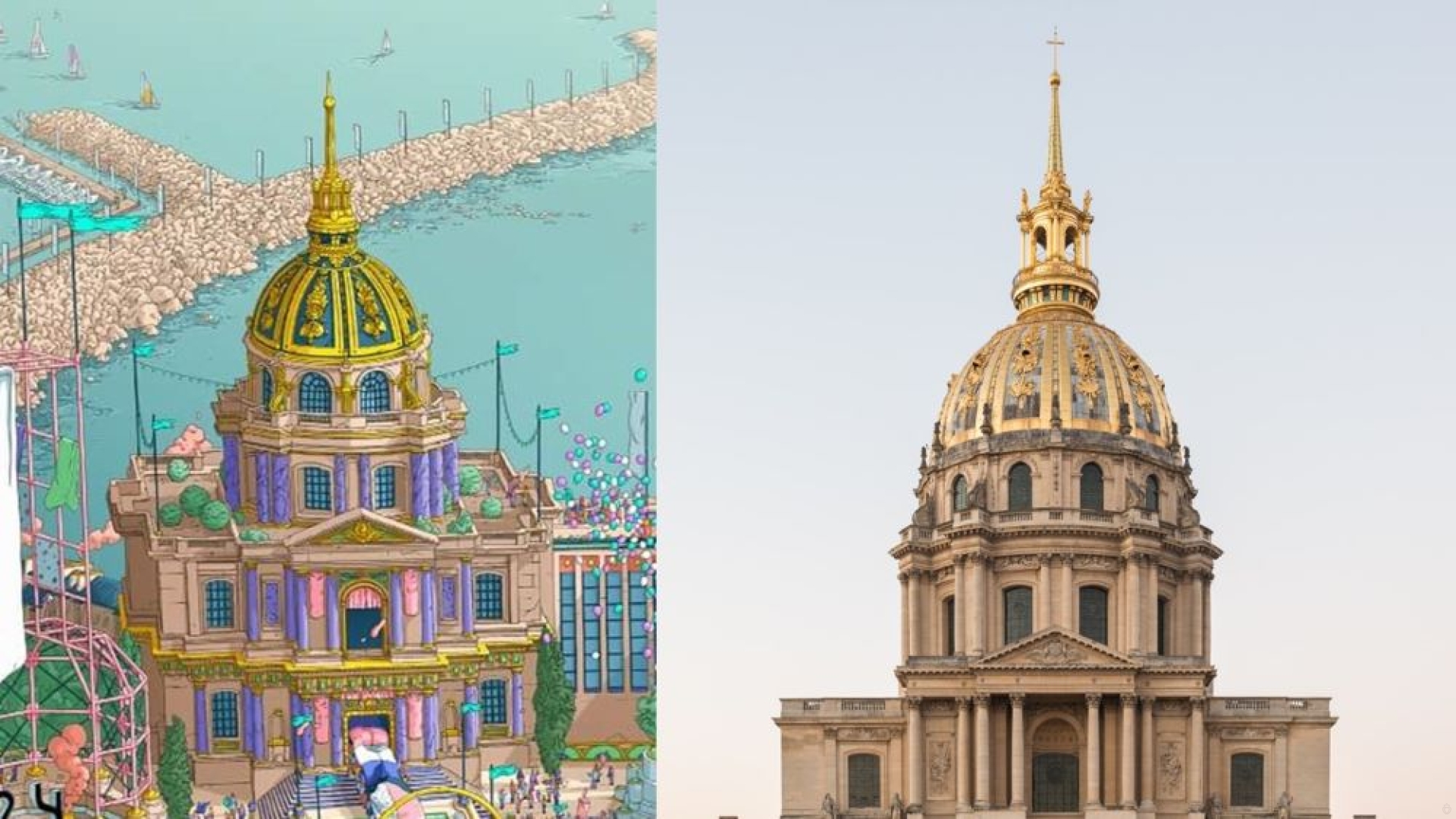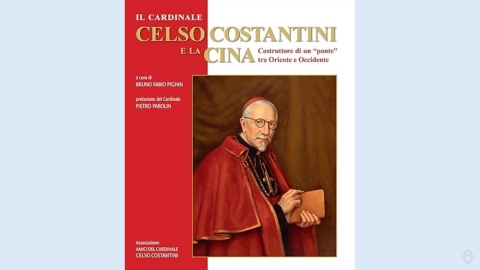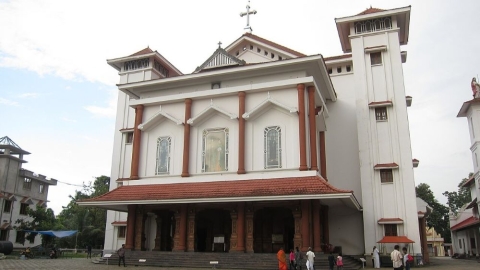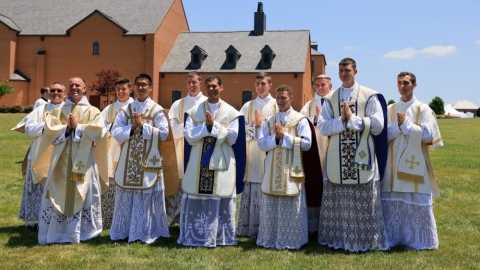The 2024 Olympics Illustrate the Erasure of Christianity

By erasing the cross surmounting the dome of Les Invalides on the Paris 2024 Olympic Games poster, the Organizing Committee for the global event which is to be held in France highlights, perhaps without realizing it, the collapse of the Catholic framework of France.
For several months, debates have multiplied in the French press about the organization of the Olympic Games: completion of installations, unpreparedness and cost of transportation, consequences for the price of housing, organization and security of the opening ceremony on the Seine, not to mention the risk of an uncontrollable drift in the investment budget.
Beyond legitimate fears, another concern is raised: that of a France which has lost its roots. There is no need to return to the controversial choice of the artist supposed to embody the French genius during the opening ceremony, but rather to this erasure of Christianity, which has become blatant since the unveiling of the official poster of the Games.
Drawn by the illustrator Ugo Gattoni and distributed for the last few weeks, the poster represents, in a style which claims to be surrealist, numerous French symbols and monuments, including the Eiffel Tower and the Arc de Triomphe.
A detail, quickly noted by the media and some political figures quickly created unease: in the background, on the left, the dome of Les Invalides lacks the cross that crowns it.
The Organizing Committee for the Games explained, to defend itself against any malicious interpretation, that the work constituted “a joyful, light, artistic interpretation of a reinvented city-stadium.” Could the dome’s cross, which evokes the joy of the Resurrection and the Redemption of the human race, be charged with such great sorrow that the artist decided to erase it?
Ugo Gattoni gave a key to understanding this omission: “I do not seek to make [objects and buildings] look faithful to the original, but rather that we could imagine at a glance what it is, while projecting it into a surreal and festive universe. I evoke them as they appear to my mind, without ulterior motive.”.
It is a dislocation of the Catholic framework which can be viewed from the angle of an “exculturation” of Catholicism, to use the neologism of the sociologist Danielle Hervieu-Léger--that is to say, of a silent decoupling between Catholic culture and the common culture which has made the Church lose iher capacity to nourish the living cultural fabric of society, beyond just her faithful.
It is a divorce which marks the triumph of a modernity in the face of which the Church wanted to deploy the charms of the aggiornamento rather than the accepted Tradition.
(Sources : Reuters/francetvinfo/AFP – FSSPX.Actualités)
Illustration 1 : citoyens.com
Illustration 2 : Daniel Vorndran / DXR, CC BY-SA 3.0, via Wikimedia Commons





